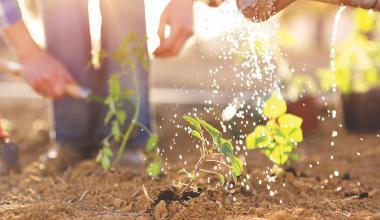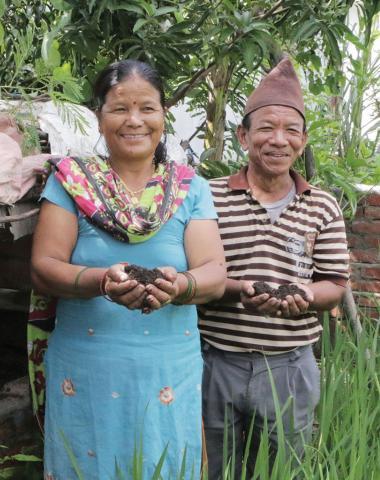Overview
Nutrition continues to be a fundamental challenge for health, economy, and development. In 2016, the United Nations proclaimed the Decade of Action on Nutrition (2016-2025). Action is needed in mountainous regions where a disproportionately high number of the world’s chronically malnourished live.
The Nutrition in Mountain Agro-ecosystems project (NMA) belongs to SDC’s Global Program Food Security (GPFS), and operates across five mountain regions: the Andes, East-African Highlands, the Himalayas, Hindukush, and Pamir-Tian Shan. NMA replicates and scales up nutrition-sensitive agriculture practices in mountain agro-ecosystems to promote improved nutrition and resilience. It is driven by a network of Rural Service Providers striving to achieve broad impacts at local, national, and global levels.
The second phase of NMA focuses on scaling-up the capacities of Rural Service Providers (RSPs) and the Mountain Agriculture Action Network (MAAN) established in phase one. The project has expanded into 4 more countries across its five identified mountain regions and continues to facilitate cross-country learning, replicating/scaling up nutrition-sensitive agriculture interventions, and strengthening food consumption components through awareness raising. Result then feed into national and global policy work. With the introduction of the new competitive scheme of SUNSAIs (Scaling-up nutrition sensitive agriculture- Initiatives), phase II addresses the main issues highlighted by the evaluation of phase 1. SUNSAIs aim at achieving systemic and lasting change.
Goal - Impact - Objectives
The goal of NMA is to enable more people in mountain areas to consume more diverse diets with sufficient, safe and nutritious food.
Families living in remote mountain areas are largely dependent on agriculture which is constrained by scarce arable land, poor infrastructure, difficult climatic and topographic conditions. Ecosystems are complex and fragile and placed in a high-risk environment eg. at risk from avalanches, landslides, volcanic eruptions, earthquakes, etc.
NMA builds the capacity of young leaders who design and implement interventions to help stabilize the food system (Micro Interventions) in their own rural communities. Through a digital platform Mountain Agro-ecosystem Action Network (MAAN https://maan.ifoam.bio/), RSPs share their projects and experiences across the continents. NMA also ensures that solutions on local level are made known on national and global levels so they can be replicated and scaled-up and also help create a conducive environment.
A.1: Households increase production of nutritious foods and RSPs design and implement micro-interventions (MIs).
This outcome increases the availability and accessibility of nutritious foods in mountain areas. While some households produce solely for their own consumption (e.g. kitchen gardens), others are expected to produce goods for local markets. Through their micro-interventions, RSPs serve as catalysts of change in their lives and communities.
A.2: People place greater value on the benefits of nutritious foods.
Producing nutritious foods does not automatically increase their consumption in target populations, particularly by women and children. It is therefore essential that individuals become more aware of the benefits of consuming nutritious foods. This is true not only for households that produce these foods, but also for households that are consumers.
National policies and action plans support and stimulate diversified production and consumption. This work provides a policy environment conducive to nutrition-sensitive agriculture initiatives and approaches.
Global policies and processes strengthen the nutrition-sensitive agriculture approach, particularly in mountain regions. This outcome is based on the assumption that discussions and policy documents at the global level influence policymaking and program funding priorities in mountain countries.
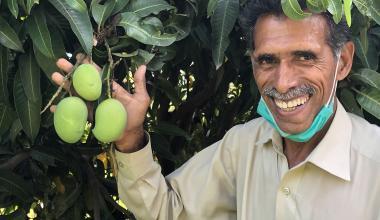
Why compost is my kind of gold!
Read more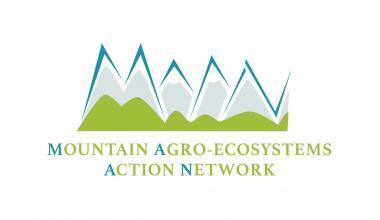
Mountain Agro-ecosystems Action Network (MAAN)
Read more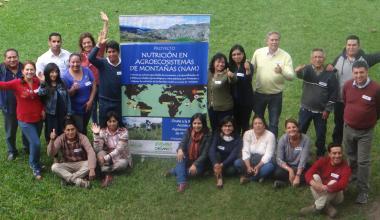
Scaling Up: The NMA Project Reaches New Heights
Read more
Blog NMA: How can Nutrition-Sensitive Agriculture improve Food and Nutrition Security?
Read more
Blog NMA: One School, One Nutrition Garden – Nutrition Sensitive Agriculture in Nepal
Read more
Blog NMA: How Organic Agriculture is Transforming Lives in Ecuador
Read more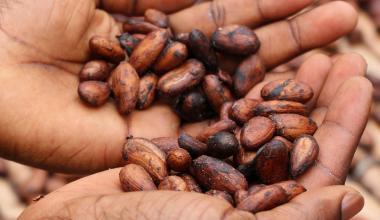
Blog NMA: How Empowering Women Farmers in Nepal is Improving Livelihoods
Read more